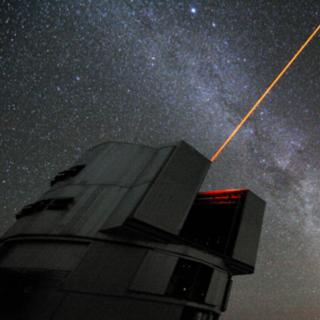Stetson, P. B.; Pancino, E.; Zocchi, A.; Sanna, N.; Monelli, M.
Bibliographical reference
Monthly Notices of the Royal Astronomical Society, Volume 485, Issue 3, p.3042-3063
Advertised on:
5
2019
Citations
112
Refereed citations
102
Description
We present wide-field, ground-based Johnson-Cousins UBVRI photometry for
48 Galactic globular clusters based on about 90 000 public and
proprietary images. The photometry is calibrated with the latest
transformations obtained in the framework of our secondary standard
project, with typical internal and external uncertainties of order a few
millimagnitudes. These data provide a bridge between existing
small-area, high-precision HST photometry and all sky catalogues from
large surveys like Gaia, SDSS, or LSST. For many clusters, we present
the first publicly available photometry in some of the five bands
(typically U and R). We illustrate the scientific potential of the
photometry with examples of surface density and brightness profiles and
of colour-magnitude diagrams, with the following highlights: (i) we
study the morphology of NGC 5904, finding a varying ellipticity and
position angle as a function of radial distance; (ii) we show U-based
colour-magnitude diagrams and demonstrate that no cluster in our sample
is free from multiple stellar populations, with the possible exception
of a few clusters with high and differential reddening or field
contamination, for which more sophisticated investigations are required.
This is true even for NGC 5694 and Terzan 8 that were previously
considered as (mostly) single-population candidates.
Related projects

Galaxy Evolution in the Local Group
Galaxy formation and evolution is a fundamental Astrophysical problem. Its study requires “travelling back in time”, for which there are two complementary approaches. One is to analyse galaxy properties as a function of red-shift. Our team focuses on the other approach, called “Galactic Archaeology”. It is based on the determination of galaxy
Matteo
Monelli